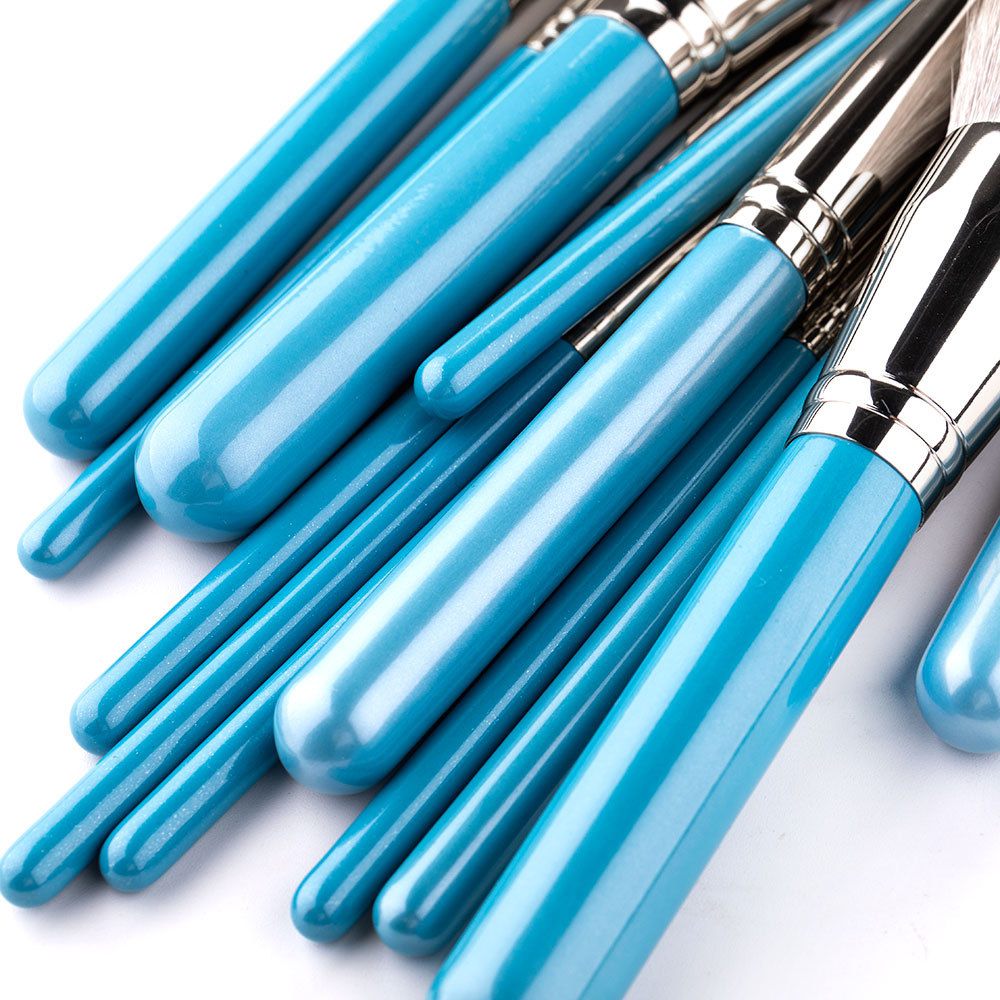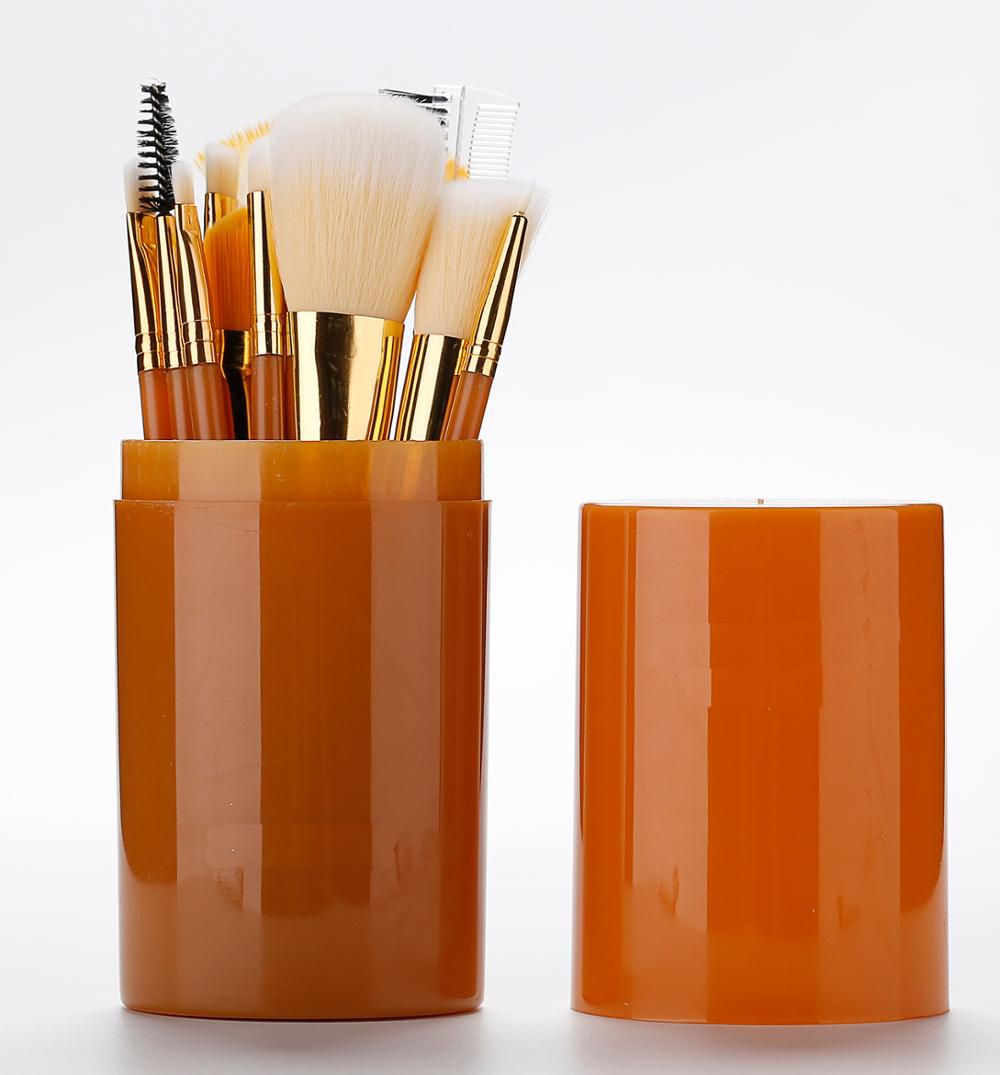Industry news
Indonesian Brush Exports to Australia Grow: Water-Resistant Bristles for Humid Climates
- 149 Views
- 2025-10-23 01:31:59
Indonesian Cosmetic Brush Exports to Australia Rise: Water-Resistant Bristles Meet Humid Climate Demand
Indonesia’s cosmetic brush exports to Australia have seen a notable uptick, with 2023 data from the Indonesian Ministry of Trade revealing a 32% year-on-year growth. This surge is largely attributed to the rising popularity of Indonesian-manufactured water-resistant bristle technology, specifically designed to address Australia’s humid climate challenges.
Australia’s diverse climate, particularly in regions like Queensland and the Northern Territory, brings high humidity levels during summer months. Traditional cosmetic brushes, often made with standard nylon or animal hair, struggle in such conditions: moisture absorption leads to bristle stiffening, mold growth, and reduced lifespan. Consumer surveys by Australian beauty research firm BeautyInsight show 68% of Australian makeup users cite “brush durability in humidity” as a top concern, creating a gap for innovative solutions.

Indonesian manufacturers have capitalized on this need by developing advanced water-resistant bristle technology. Central to this innovation is the use of modified nylon filaments treated with a hydrophobic coating—typically a thin layer of silicone or PTFE (polytetrafluoroethylene). This coating creates a barrier that repels water, preventing bristle saturation. Lab tests by Jakarta-based brush manufacturer BrushTech Indonesia demonstrate that these treated bristles absorb 70% less moisture than conventional nylon, drying 50% faster and reducing mold growth by 80% over six months of use.
Beyond moisture resistance, the technology maintains key performance metrics: the modified filaments retain the softness required for blending makeup and the bristle density needed for precise application. “We balanced hydrophobicity with usability,” explains Rina Putri, R&D lead at BrushTech Indonesia. “Our brushes still pick up powder evenly and feel gentle on skin—they just don’t soak up sweat or rain.”

Indonesia’s competitive edge in this niche stems from its integrated manufacturing ecosystem. As a leading producer of synthetic brush filaments in Southeast Asia, the country controls the supply chain from raw material production (modified nylon pellets) to final assembly, reducing costs and enabling quick customization. Australian brands, such as eco-conscious label Green Beauty Co., have partnered with Indonesian factories to tailor designs—adjusting bristle length for tropical makeup trends and using sustainable bamboo handles—to align with local consumer preferences.
Market response has been strong. Major Australian beauty retailers report double-digit sales growth: Mecca’s “Humidity-Proof Brush Collection,” sourced from Indonesia, saw a 47% sales jump in 2023, while Sephora Australia added three new Indonesian water-resistant brush sets in Q4. Consumer reviews highlight practical benefits: “My Indonesian brush stays fluffy through Sydney’s sticky summers—no more stiff, smelly bristles,” noted a Brisbane-based beauty blogger.
Looking ahead, the trend is poised to accelerate. The RCEP trade agreement, which lowers tariffs on Indonesian cosmetics exports to Australia, and growing demand for durable, low-maintenance beauty tools are expected to drive further growth. Indonesian manufacturers are also exploring eco-friendly upgrades, such as biodegradable hydrophobic coatings, to align with Australia’s strong sustainability focus. For now, the combination of climate-specific technology and manufacturing agility positions Indonesia as a key player in Australia’s cosmetic brush market.











